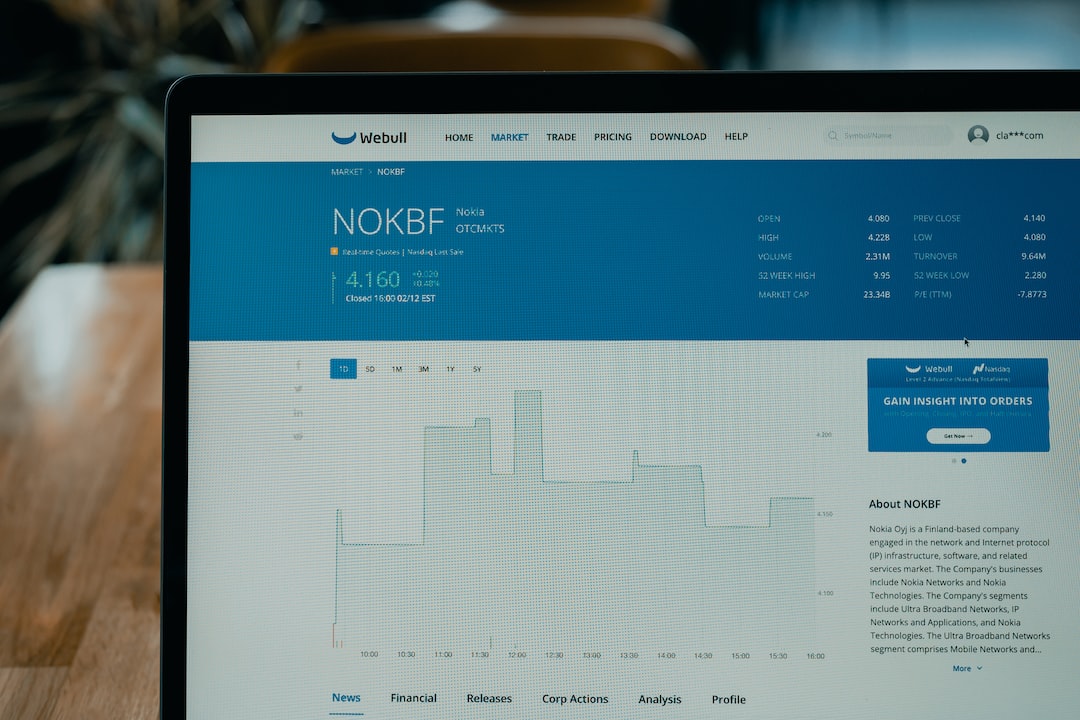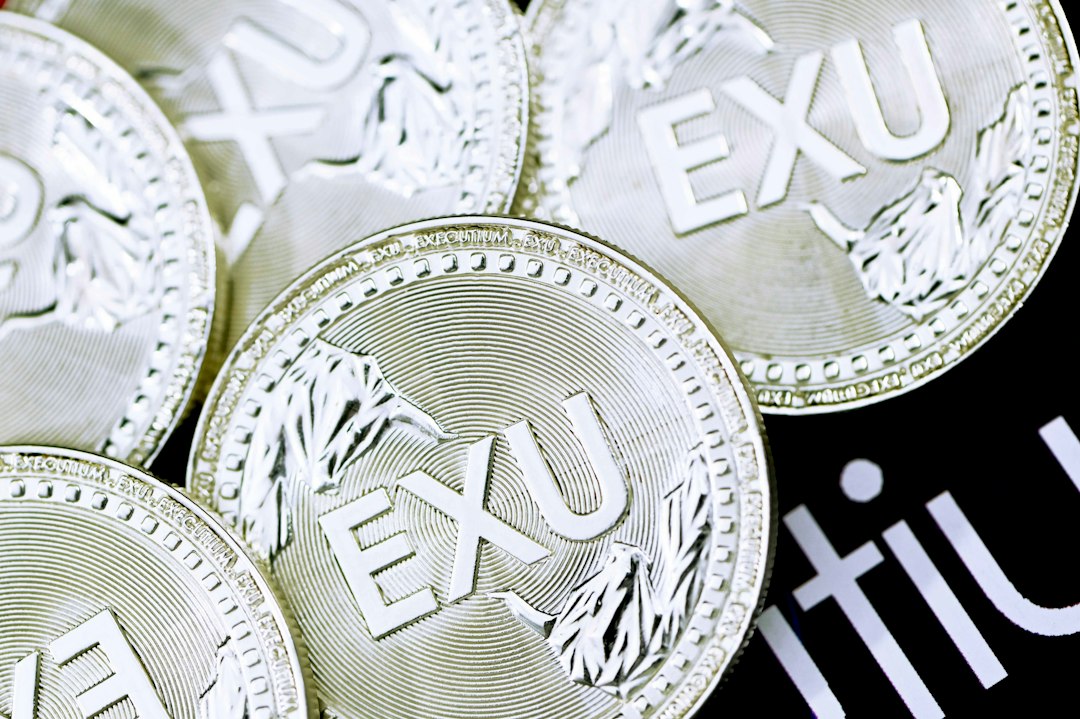American Generations Have Different Financial Happiness Perceptions
A recent report by Kamaron McNair for CNBC’s Make It discusses the varying perceptions of financial happiness among different American generations, as revealed in a survey conducted by Empower. While many Americans believe that financial wealth leads to happiness, the actual monetary value they associate with this sentiment differs significantly across age groups.
Generational Disparities in Ideal Net Worth
The CNBC report reveals that the average net worth considered as the key to happiness by Americans is around $1.2 million. However, there are notable generational differences. Millennials believe that approximately $1.7 million is necessary for their happiness, while Gen Xers and baby boomers estimate their ideal net worth for happiness at $1.2 million and just under $1 million, respectively. In contrast, Gen Z adults feel that a net worth of around $487,000 would be sufficient for their financial well-being.
Income Expectations for Financial Happiness
CNBC’s coverage also explores the annual income that each generation believes would bring them happiness. Millennials have the highest expectations with an anticipated annual salary of $525,947, significantly surpassing the expectations of other generations. Gen Z expects a happy salary of about $128,084, while Gen Xers and baby boomers hover around $130,344 and $124,165 respectively. The report indicates that the median income required to reduce stress is $95,000, which is a notable increase from the current median salary of $65,000.
Defining Financial Happiness Beyond Wealth
CNBC notes that financial happiness goes beyond high salaries and substantial net worth. For most Americans, being able to pay all bills on time and in full is the true definition of financial happiness. Additionally, being debt-free and enjoying small daily luxuries also contribute to their financial contentment.
The Correlation Between Wealth and Happiness
According to an article by BBC Science Focus magazine, there is a growing correlation between wealth and happiness, challenging the long-held belief that “money can’t buy happiness.” The article references a 2020 study that analyzed data from the Office for National Statistics and Happy Planet Index, which concluded that the average Briton needs an income of at least £33,864 to live a happy life.
Wellness Inequality and Happiness
The article by BBC Science Focus Magazine explains that the connection between wealth and happiness is not solely about materialism. It is tied to the current state of “wellness inequality.” Wealthier individuals often enjoy better health, which positively impacts their happiness. Additionally, those who spend on experiences and time-saving services rather than material goods tend to experience a boost in happiness.
Relative Wealth and Happiness
Relative wealth plays a crucial role in happiness. People tend to feel happier when their standard of living matches or exceeds that of their peers. This phenomenon, known as “relative deprivation,” affects our sense of well-being regardless of our absolute wealth. The article suggests that this could explain why global increases in income have not led to a corresponding rise in average happiness.
Taxation and Happiness
The article also touches on the role of taxation in mitigating the effects of relative deprivation. High-tax Scandinavian countries often rank high in global happiness polls, possibly due to reduced emphasis on status-seeking spending.
The Downsides of Wealth
While wealth can contribute to happiness, there are potential downsides. Studies have shown that children of wealthy parents may face higher risks of mental health issues. Additionally, wealth can lead to decreased ethical behavior and empathy, as affluent individuals may become less concerned with others’ problems.
The Social Benefits of Having Less Wealth
In contrast, individuals with lower incomes tend to be more empathetic and better at reading facial expressions, suggesting a potential social benefit to having less wealth.
Hot Take: The Complex Relationship Between Money and Happiness
The relationship between money and happiness is complex and influenced by various factors. While financial wealth is often associated with happiness, there are generational disparities in the monetary value attached to this sentiment. Beyond materialism, financial happiness is also linked to wellness inequality, relative wealth, and the role of taxation. However, wealth can have downsides such as mental health risks and decreased empathy. It is clear that the connection between money and happiness is multifaceted and goes beyond simple monetary values.





 By
By
 By
By
 By
By
 By
By
 By
By